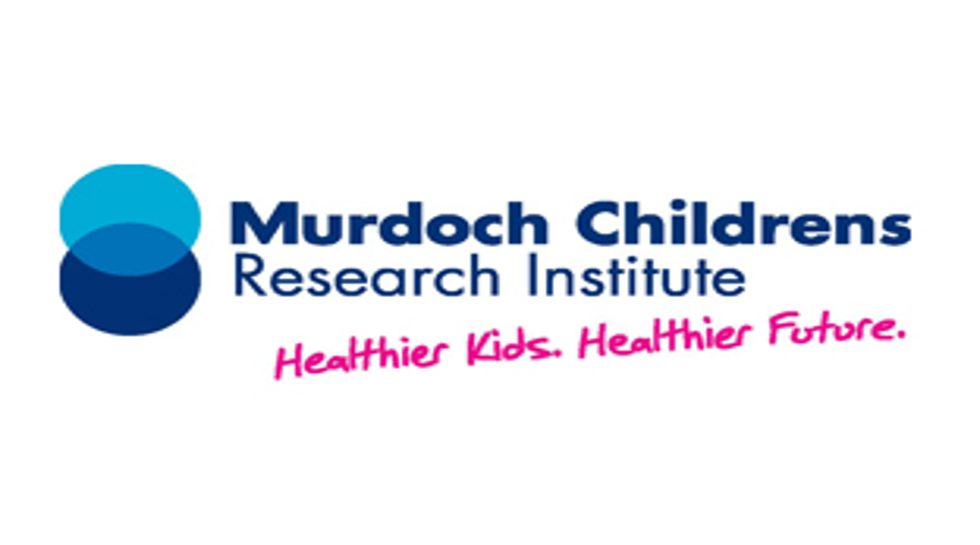Australia’s largest child health research institute, Murdoch Childrens Research Institute (MCRI), comes a step closer to finding a cure for peanut allergies after receiving $15 million in venture capital funding led by OneVentures.
Start your deal-making journey now!
Subscribe now to enjoy unlimited access at just $59.
Premium coverage on private equity, venture capital, and startups in Asia.
Exclusive scoops from our reporters in nine key markets.
In-depth interviews with industry leaders shaping the ecosystem.
Already a Subscriber? Log in
Contact us for corporate subscriptions at subs@dealstreetasia.com



